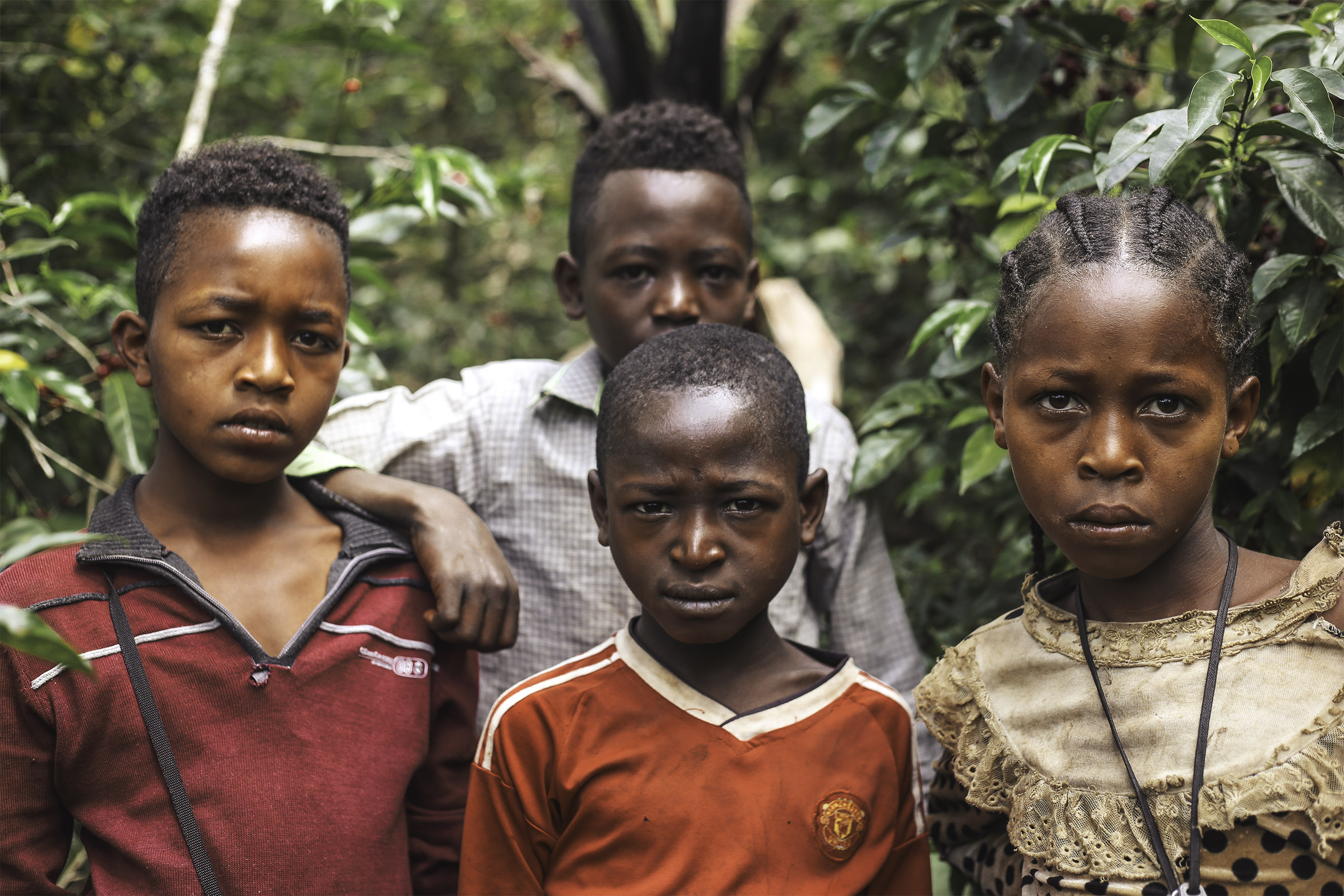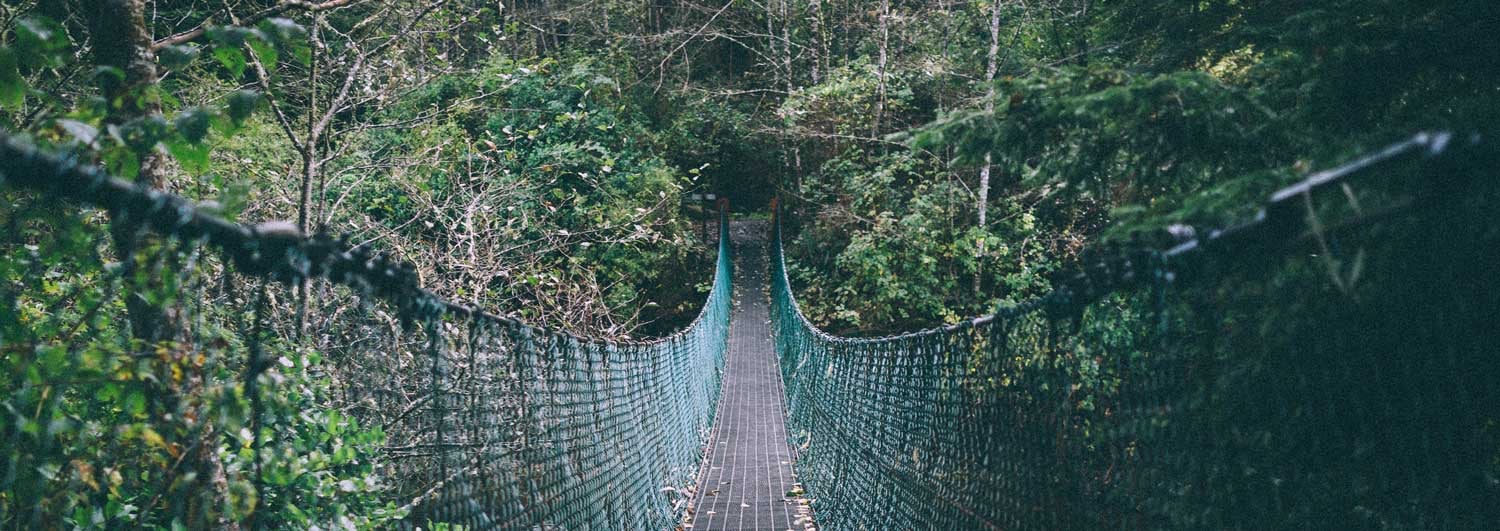Would you like some salt?
Sugar is a recent addition to the Ethiopian diet, so sweetening coffee is not common. It is tradition, however, to salt your brew. The customary way to prepare coffee is still artisanal. Cherries are dried in front of houses over a piece of jute or plastic and hulled manually with a pestle and mortar. Once the skins are removed, the green coffee is roasted on a pan and brewed in a jebena. Coarse salt is added to a cup, diluted with coffee and split into other cups. Hospitality dictates cups of buna will always be served overflown (it is not polite to skimp on coffee). Most people can’t explain why they salt their brew beyond “It’s tradition” but some speculate it sets sediments on the bottom of the cup. It tastes less weird than one might think.
Beyond heirloom
Baristas and roasters usually refer to Ethiopian varieties as heirloom, suggesting there is little knowledge widely available about the genetic diversity of the birthplace of coffee. Since the publication of A Reference Guide to Ethiopian Coffee Varieties by Counter Culture in 2018, the global industry has had a more direct path to understanding Ethiopian coffee. The majority of smallholders in Gedeo, including all growers involved in the Ethiopian Discovery lots, still grow the local landraces (Welisho/Wolisho, Dego/Dega and Kudhume/Kurume), but government institutions have done a lot of research so far. As the book states, “Currently, most Ethiopian coffee farmers grow either local landrace coffee varieties or modern coffee varieties developed by the coffee research institute Jimma Agricultural Research Centre (JARC), which has made tremendous strides since its inception in 1967. From 1978 to now, JARC has approved the release of 40 improved coffee varieties that have been distributed to farmers across the country.” The high altitudes favour not only slow but synchronized maturing which facilitate even picking of ripe cherries.
Smaller plots at each generation
Coffee is the only viable cash crop in the Yirgacheffe growing area. Well, coffee and khat, the plant used as a legal recreational drug and a stimulant (in this case mainly by drivers). The population density leads to small plots, that are getting smaller at each new generation. When asked about it, farmers say they would struggle to survive on other crops such as grains. Though high yielding, grains fetch a much lower price per kilo if compared to cherries and need wider extensions of cultivated land to become profitable. The locals say coffee is so vital that even people living in the city rely on the crop for their survival.




























Let Us Know What You Thought about this Post.
Put your Comment Below.